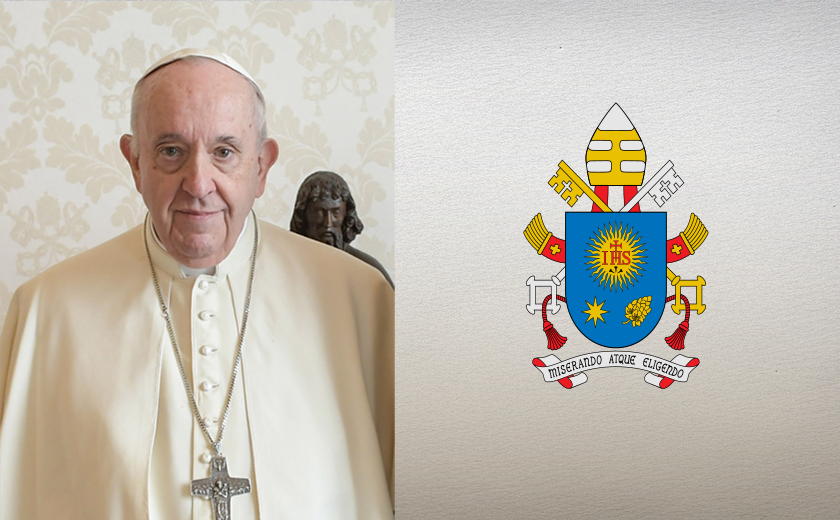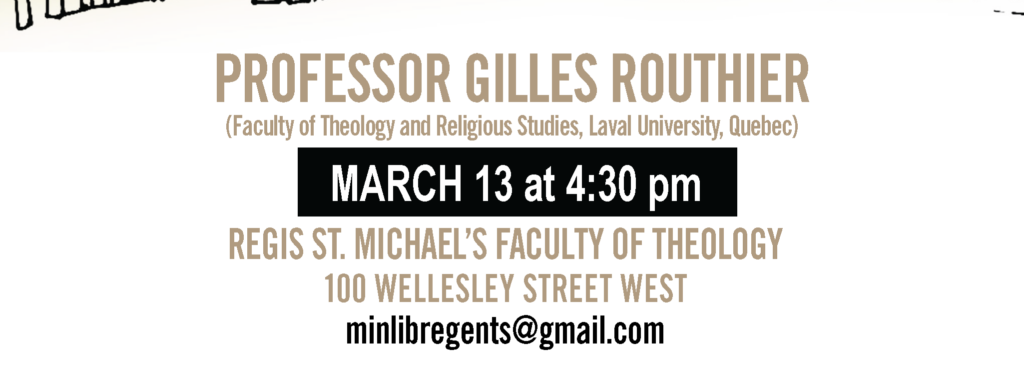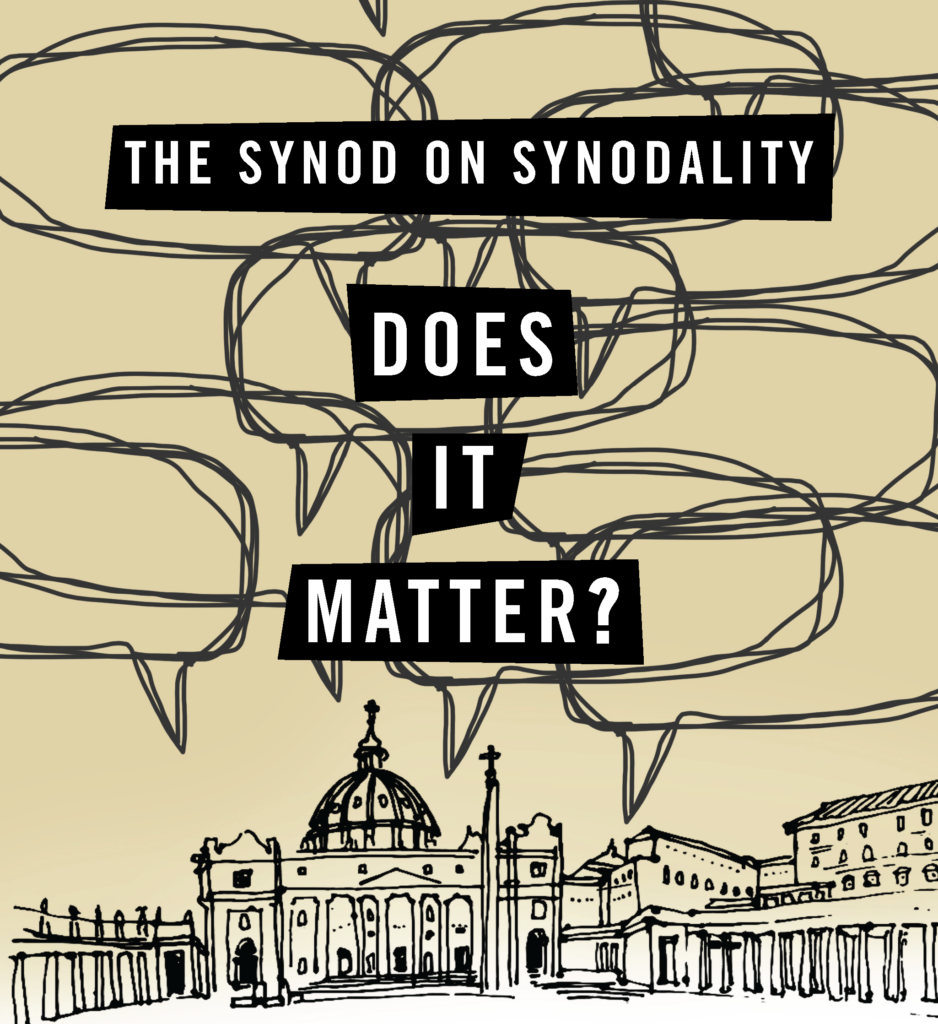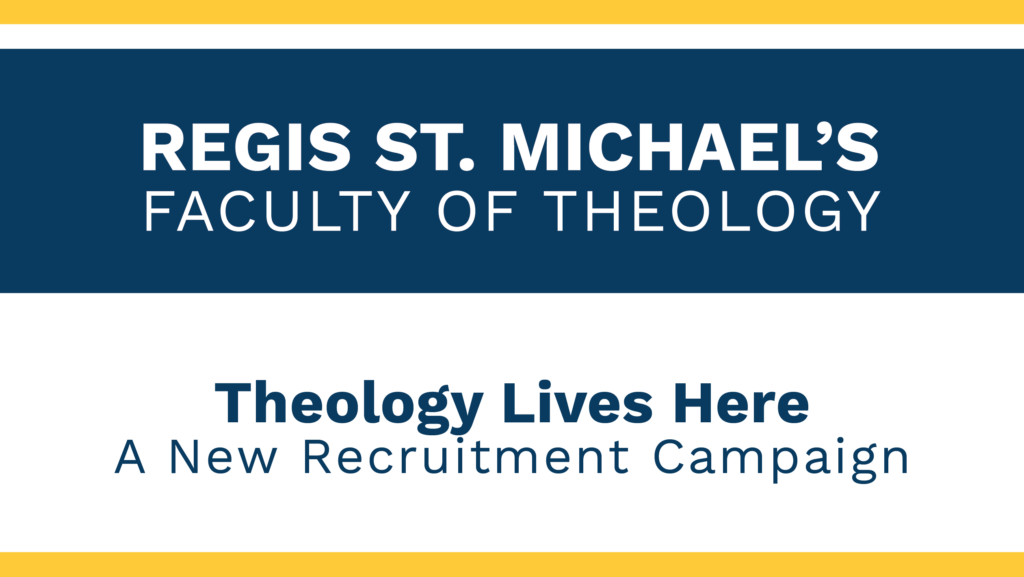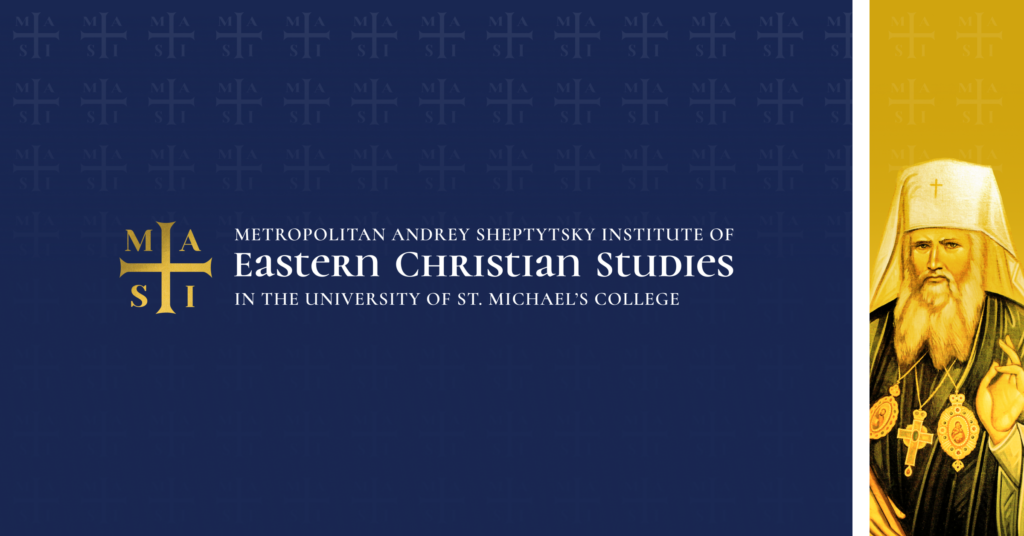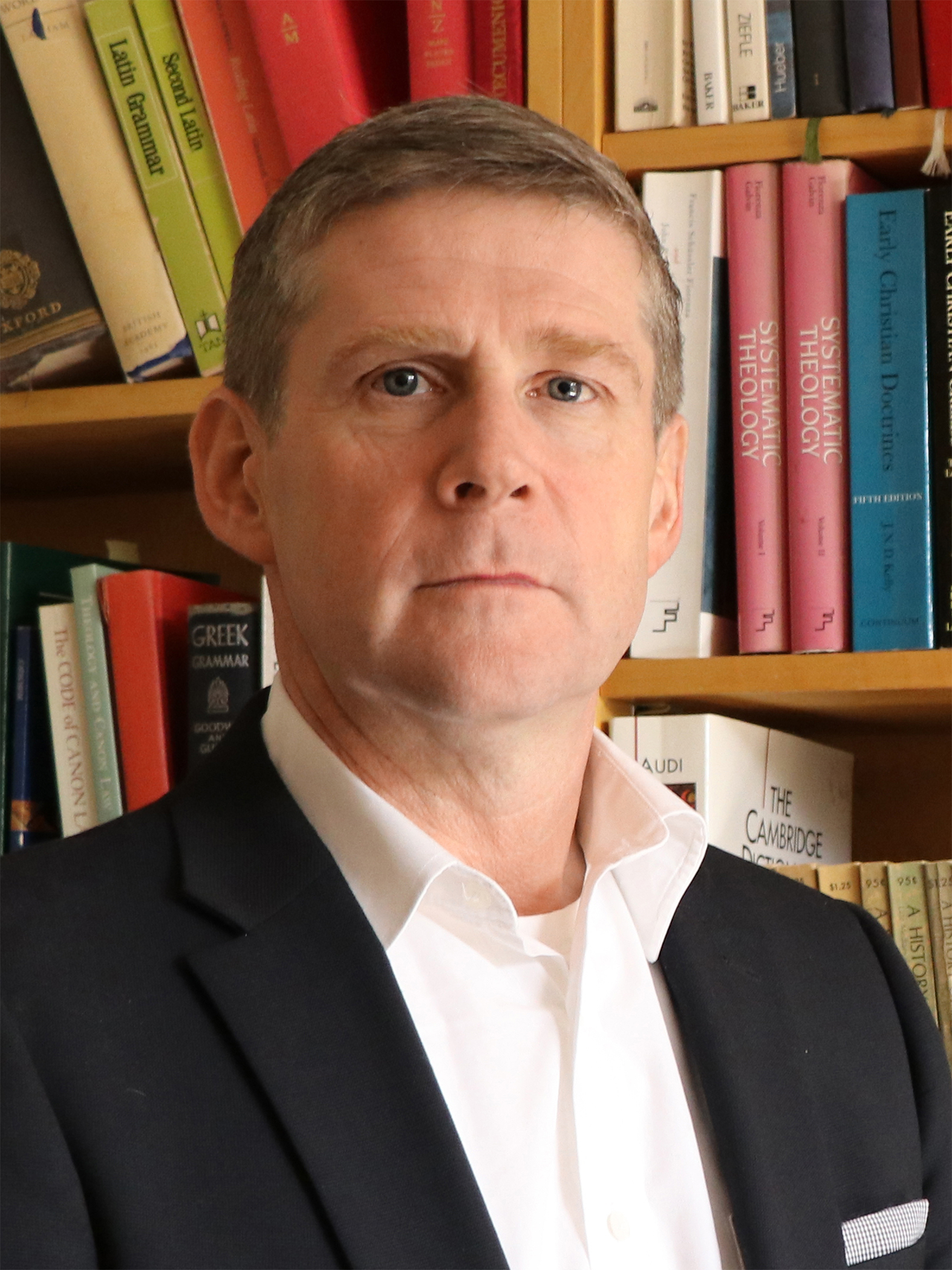
By Regis St. Michael’s Professor Michael Attridge, Associate Director of the Toronto School of Theology
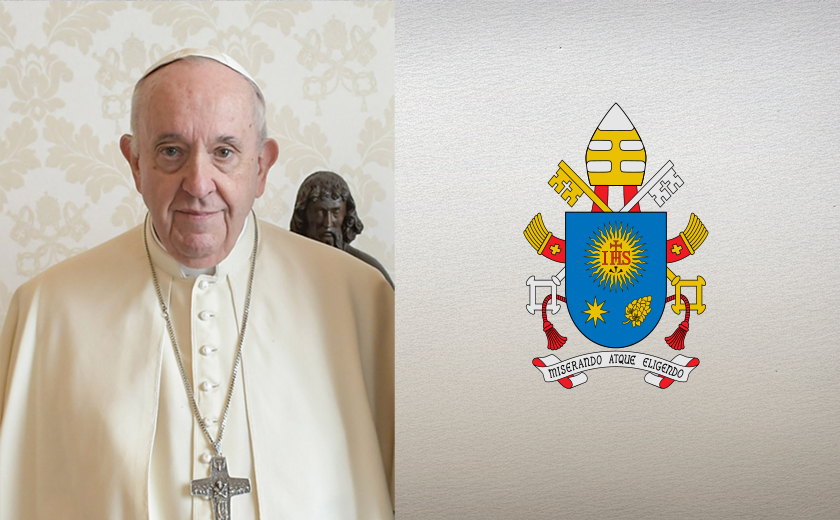
As Pope Francis remains hospitalized and prayers pour in from around the world, it seems timely to reflect on the past 12 years of his remarkable pontificate. Whether his health improves or not, the fact is he’s 88 years old. Even for a young person, being responsible for the running of the Roman Curia and tending to a Church with more than 2200 dioceses and 1.4 billion Catholics would be overwhelming. At almost 90, doing so is unimaginable. When he presided liturgy for us in Rome in January 2017 for the 800th anniversary of the Dominican Order, he was strong. Eight years later, at an audience that I attended at the Vatican in December, he was visibly much more run-down. In any case, despite being hospitalized, the news is that he signed a number of decrees approving people for beatification and sainthood and is planning a meeting of the cardinals to discuss future canonizations. In other words, the work continues even if we know his time is now more limited.
Francis has been in many respects a Pope of firsts. He was the first in history to take the name Francis after St. Francis of Assisi, signifying his commitment to a life of simplicity and his dedication to the poor and marginalized. He was the first Pope from Latin America, a continent with more than 425 million Catholics and the first Pope born and raised outside of Europe since the 8th century. He was the first Jesuit Pope, which is surprising if one remembers that there have been 46 popes elected since the founding of the Society almost 400 years ago. Perhaps most significantly, he was the first pope since Vatican II who had nothing to do with the Council itself. John XXIII opened it in 1962, and Paul VI closed it in 1965. For the remainder of his pontificate, Paul VI would work towards its first reception around the world. John Paul I and John Paul II both attended Vatican II as bishops, the latter being especially involved in the documents on the Church in the world and on religious freedom. Benedict XVI was a young theologian in his late thirties at Vatican II, accompanying the German Cardinal Josef Frings. He helped shape some of the most important documents of the Council. Forty years later, as pope, he never hesitated in expressing his view about how the Vatican should be interpreted. Francis though was different. He was not an eyewitness to the Council, nor was he active on the world stage of theology in interpreting it. He was ordained after Vatican II, which means he lived his entire priestly life as a pastor in Latin America shaped by its theology before becoming Pope.
Francis has also been a reformer and a Pope of the margins. He has sought to bring equality to the offices of the Vatican by doing away with the distinctions between “Congregations” and “Pontifical Councils” and making each division of the Roman Curia simply a “dicastery”. He decided not to live in the papal apartments and not to purchase a new car, a sign of a simpler lifestyle. He has encouraged a more welcome attitude to separated and divorced Catholics, to LGBTQ+ people and has invited transgendered people to meet with him. He has reached out to other religious leaders around the world to build bonds of peace and friendship. Perhaps most importantly in terms of change, he has democratized the Church through his work on synodality, inviting ordinary Catholics to have a say in decision-making. In this process, he initiated a project to listen voices to the people on the peripheries.
In sum, Francis’ papacy has been different and, in many ways, difficult to define. Theologians often look to pin down the theology of a Pope. I would argue that Paul VI was an ecclesiologist, John Paul II was moral theologian for whom theological anthropology was his category, and Benedict was a fundamental theologian. That’s not to say they didn’t engage in other areas of theology. It’s only to point out that in reading their theological works, these categories seem to be their centres of gravity. Francis though has not been a theologian in the same way as his post-Vatican II predecessors. When he speaks and writes he does so with a certain pastoral style. His concern has been less with repeating the doctrinal formulations of the Church, and more with meeting people in their day-to-day lives, especially those on the margins. For many in the Curia, and for many working as professional theologians, it’s been a challenge to pin down what he means doctrinally. For many others, especially those living in difficult situations in the world and those who minister to them, it’s been a relief. For them, Francis speaks the language of mercy and compassion, the language of the Gospel. He has the words that comfort the grieving mother who just lost her child or the young homeless man who lives with loneliness. This has been his style. I’m reminded of the 18th century French thinker Georges Buffon who once said that “style makes the person”. It is a defining characteristic. Among the many things that Francis will be remembered for, it will be his style.
Whether he continues for days, months or even years, moments like serious illness and prolonged hospitalization are times to reflect on the past. At this moment, we can give thanks for all that Francis has done for the Church and the world through his remarkable leadership.

